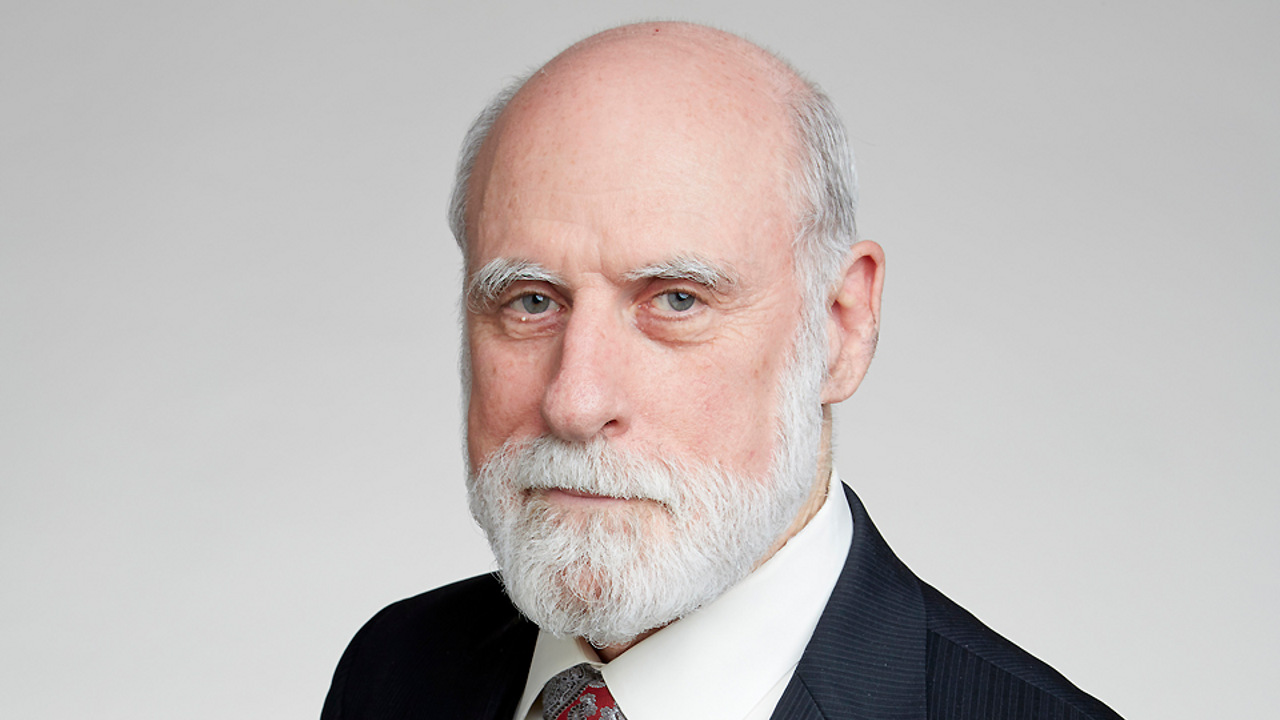A recounting of the past half-century of database technology.
Establishing Standards for Embodied AI
The complexity of embodied AI systems underlines the imperative need for a standards framework to ensure their safety, reliability, performance, and usability.
Research Experiences for Undergraduates Are Necessary for an Equitable Research Community
Research internships for undergraduates are a necessary part of any solution toward equity in computing education.
Artificial Intelligence, Social Responsibility, and the Roles of the University
Universities should collaborate with industry, government, and community organizations on activities to promote the socially responsible development and use of AI technologies.
The ACM’s Reserves Enable Its Mission: A Response to William Bowman
The ACM's reserves ensure that we can continue to support diverse and valuable programs, adapt to new challenges, and invest in major initiatives like the open DL.
ACM Profits Considered Harmful
One member's analysis of the ACM's profitability and reserves.
Welcome: 2024 Regional Special Section, Latin America
When it comes to computer science, Latin American researchers have made significant contributions to multiple areas.
A Pioneer in Using AI to Teach Reading
A researcher predicted Mostow’s daughter would learn to read faster with an automated feedback system. Twenty years of productive research and development followed.
An Analysis of the Math Requirements of 199 CS BS/BA Degrees at 158 U.S. Universities
While most CS departments in the U.S. require calculus, there is no consensus as to where in the degree program it should be placed.
A Versal Story in the Era of Hardware AI: Why the Chinese Could Win
Chinese integrators are the ones making the chip company's technology more accessible to a wide range of developers.
Science Needs You: Mobilizing for Diversity in Award Recognition
Insights on how to create a more inclusive and equitable system of award recognition in the scientific community.
We have entered a period in which computation is the principal animating factor in modern society.
Keys to a Comprehensive Computer Science at School Policy in Argentina
Advances in CS and its growing presence in everyday life have established a strong interest in including it in school curricula.
Generative AI Requires Broad Labor Policy Considerations
Whether and under what conditions does generative AI automate or augment workers?
A Perspectival Mirror of the Elephant
Language bias sets a cultural barrier online and has serious implications for how Internet-based platforms reach across societal divides.
Automatic Pronunciation Assessment Systems for English Students from Argentina
Computer-aided training systems can help learners of a second language improve their pronunciation skills.
Shape the Future of Computing
ACM encourages its members to take a direct hand in shaping the future of the association. There are more ways than ever to get involved.
Get InvolvedCommunications of the ACM (CACM) is now a fully Open Access publication.
By opening CACM to the world, we hope to increase engagement among the broader computer science community and encourage non-members to discover the rich resources ACM has to offer.
Learn More














